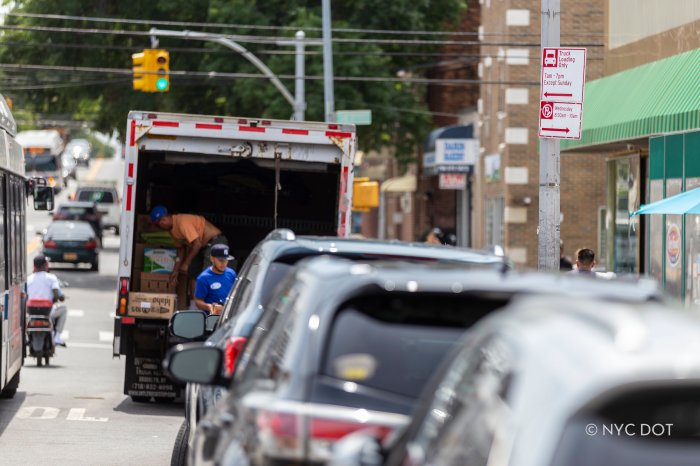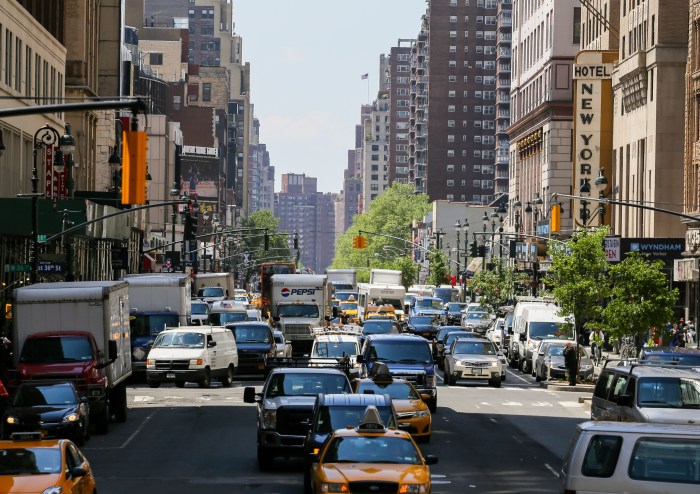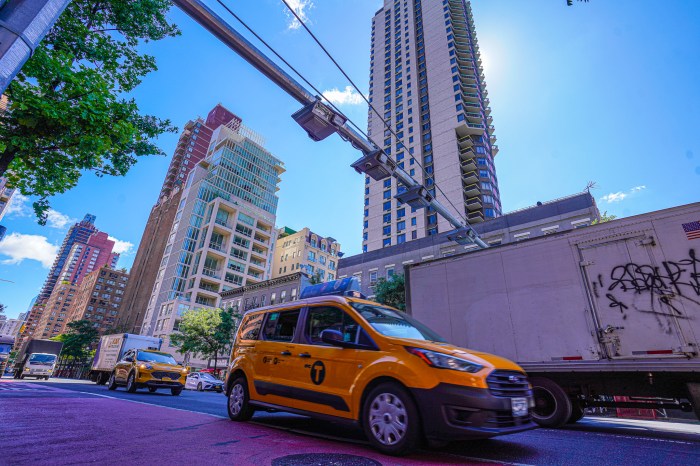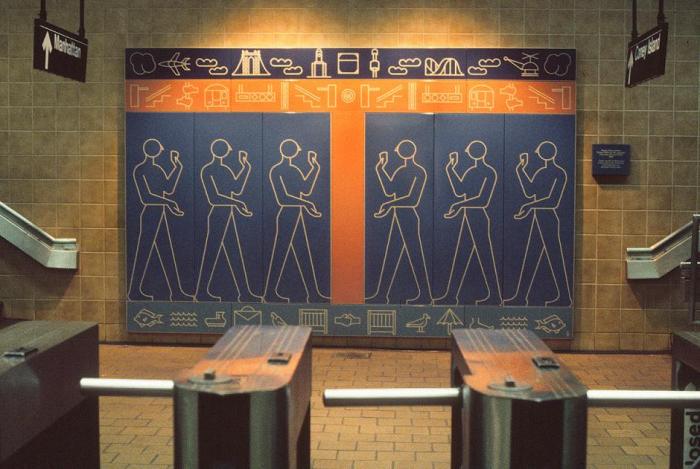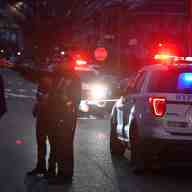
Drivers and city lawmakers are pushing for a new agency to oversee the city’s professional drivers as the taxi and for-hire industry reels through an economic crisis.
Councilmen Rafael Espinal and Ydanis Rodriguez, the Council’s Transportation Committee chair, joined the Uber-funded Independent Drivers Guild (IDG) to call for a vast overhaul of the Taxi and Limousine Commission Monday ahead of an oversight hearing of the agency.
“We need to be responsible. We need to level the playing field,” said Rodriguez, regarding the dynamic between drivers and companies like Uber and Lyft.
Though the elected officials and the IDG we’re vague on what TLC reforms would look like, outside of creating a new mayoral agency that the City Council could hold more closely accountable. The agency has come under more intense scrutiny for its role in the taxi medallion crash as lawmakers and the city failed to regulate the enormous growth from competitors Uber and Lyft.
Rodriguez and other Council members grilled the TLC at the hearing on a host of new city policies — the mayor’s vehicle license cap; a new minimum pay standard for app-based drivers; and a new cruising penalty meant to punish app companies for inefficient dispatching.
But Bill Heinzen, the TLC’s acting commissioner, argued that each measure has largely been a success. The city’s minimum pay standard has translated into the average worker netting the equivalent of $17.22 an hour, according to Heinzen. That increase means the TLC will hit its goal in boosting the average driver’s earnings by $9,600 per year.
And while Uber stoked fears that the city’s vehicle cap would translate to longer waits and gaps in service in the outer boughs — none of those possibilities have come true, Heinzen added.
“Service levels did not decline and trips across the city contused to increase, particularly in the outer boroughs, while passenger wait times remained consistent,” Heinzen said, later brushing off calls for reforms at the agency.
“I’ve been here for four years and I’ve heard many calls for us to be abolished or to be reformed and yet we keep working, we keep showing up and I’m really proud of what we’ve done,” he added.
Still, drivers have for months complained that the cap on e-hail vehicle licenses has created a secondary medallion system that has subjected drivers to predatory leasing. About 20% of app-based drivers lease their vehicles and the city is in the process of more closely monitoring those rates for abuse, according to Heinzen.
Meanwhile, there is a growing push among a new coalition at the state level to reclassify gig-economy workers, including app drivers, as employees and not independent contractors — a movement that IDG cannot openly endorse because of its founding relationship with Uber.
Bhairavi Desai, the founder of the New York Taxi Workers Alliance and a coalition member, said the groups were at least partially inspired by similar legislation in California, known as AB5. Desai said a labor coalition will lobby Albany for a bill during the next legislative session.
“That misclassification of workers is a long-standing issue and it’s the main way that corporations are able to deny workers basic protections — especially minimum wage, overtime and ultimately the right to collective bargaining,” said Desai. “And it’s one of the reasons why there is such huge income inequality in this country.”



